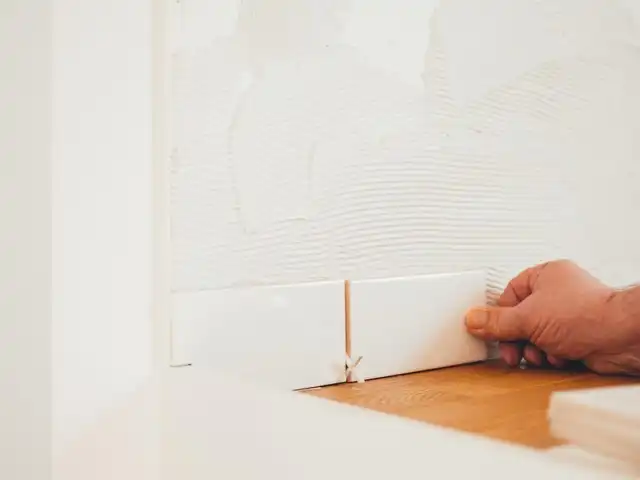
Home should be your happy place, and when that’s no longer the case, it’s time to rethink your space.
“No property is ever suited to your every need forever, as needs and preferences change over time. So when your property no longer meets your needs or preferences there are two options: to move to a different property that ticks more boxes on your new list, or to work with what you have and improve on the existing property,” Silvana Dos Res Marques, Manager at Leapfrog Pretoria East, explains.
But knowing whether it’s better to move or to improve is a question that is particularly tough to answer. “Our trusted property advisors are often asked this question and while there’s certainly no one-size-fits-all answer, there are a number of factors to consider that will help you to make a more strategic, more rational decision on whether you’ll be knocking down walls or putting out the ‘for sale’ sign,” Dos Res Marques elaborates.
Distinguish between needs and wants
Start at the drawing board, as both options – to move or improve – will prove to require significant input from you, both in terms of driving the outcome as well as the cost.
Make a list of everything you’re not happy with, what doesn’t work for you and what, ideally, you’d like it to rather be.
“Often we hear people say they don’t like their living room or that the kitchen layout doesn’t work for them but when pressed to describe what it is that they don’t enjoy, they’re stumped. It’s very difficult to improve on something you can’t pinpoint exactly, which is why this step is so crucial,” Dos Res Marques explains.
Once you’re clear on what the problem areas are you can go about finding solutions, including looking at what the cost of the solution will be.
Can your current home be modified to meet your needs?
It is not uncommon to find that people want to move simply because they are stuck in a rut.
Moving is almost always going to be a costly exercise so start by assessing whether you can rather work with what you have. “Time and again we see people initially desperate to move to a newer/bigger/better home who make, sometimes minor, changes to their properties that gives it (and them!) a new lease on life,” Dos Res Marques says.
Removing a wall to make the kitchen more open-plan and replacing a window with a sliding door is far more effective than packing up the whole property and saying cheers to the neighbours.
Sometimes even organisational and cosmetic changes are what makes the difference, Dos Res Marques says. “Don’t underestimate what a coat of paint in a trendy new shade or a few bold scatters can do to make you fall in love with your home again,” she adds.
Consider the cost of moving versus the cost of improving
So you saw the potential in a fixer-upper and once had idyllic visions of spending weekends knocking down walls, painting the exterior, building a deck and and and. Five years later and the charming fixer-upper feels like little more than a big drain on your energy and expendable income.
This happens all the time, and very often the best solution is to pack and sell. ‘Fixing’ a property, particularly if you are doing it yourself, is hard work, it’s stressful and it’s usually everything but ‘cheap’.
“When we bought our fixer-upper we were so naive, thinking it would be quick, cheap and easy to turn a large 4-bedroom suburban property that hasn’t seen as much as a lick of paint in the last 30 years into our dream home. Soon it felt like we were just pouring more and more money into something that would never really be what we wanted from a home. We did the sums and found that, transfer costs and everything included, it would make more sense for us to move to something that already boasts what we want,” a Leapfrog client shares.
This client did what was best for them, but each case should be evaluated on its own merits. “Our best advice is to do your research, crunch the numbers and chat to a trusted property advisor to help you form a holistic picture of your options,” Dos Res Marques suggests.
Location location location
The holy grail of property, location is everything and not something you can change yourself. Unlike a bathroom or a kitchen, for example, that can be improved fairly easily, you can do nothing about the location of the property.
If you hate the area – because of the traffic, the pollution, the neighbourhood, the surrounding amenities – you’ll be far better off moving than making improvements to your home. “In a case like this, neither structural nor cosmetic improvements will make you love the area more, so then moving is likely to be the best option,” Dos Res Marques believes.
Moving to a new area will always have implications, so make sure you’re familiar with its key characteristics and features. Speak to a trusted property advisor about this as they’ll be able to help you match your needs and preferences to the best location.
At the end of the day, as with most property matters, it’s about personal preference. “A home is a sanctuary and needs to meet your most personal needs, and when it doesn’t you can either move or improve. Whichever route you can though, make sure to do it strategically and with an open mind,” Dos Res Marques concludes.
Author: Leapfrog

